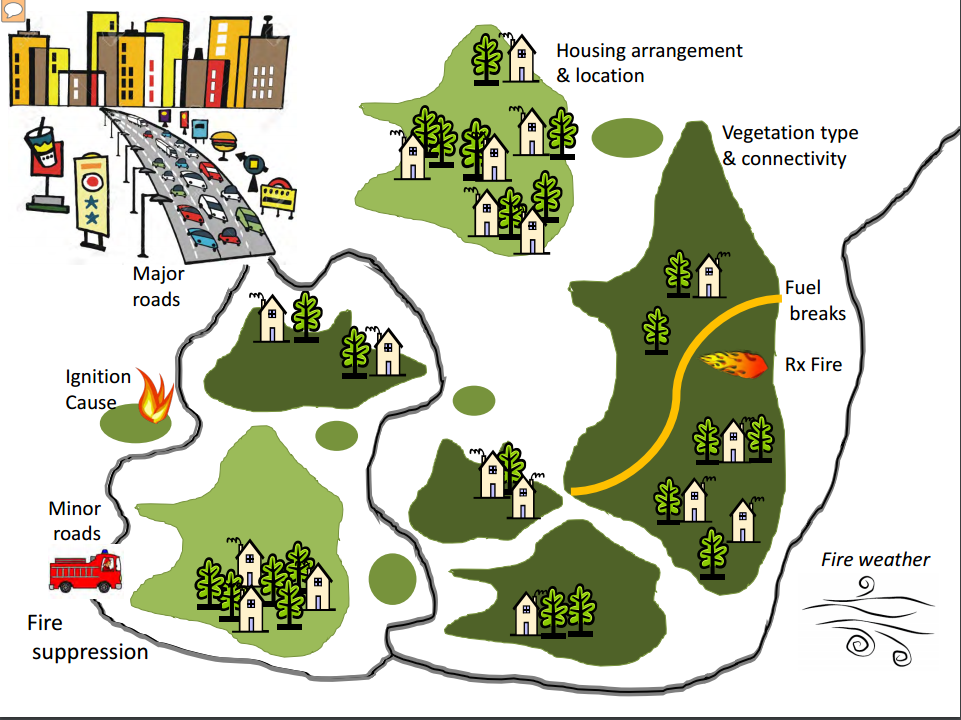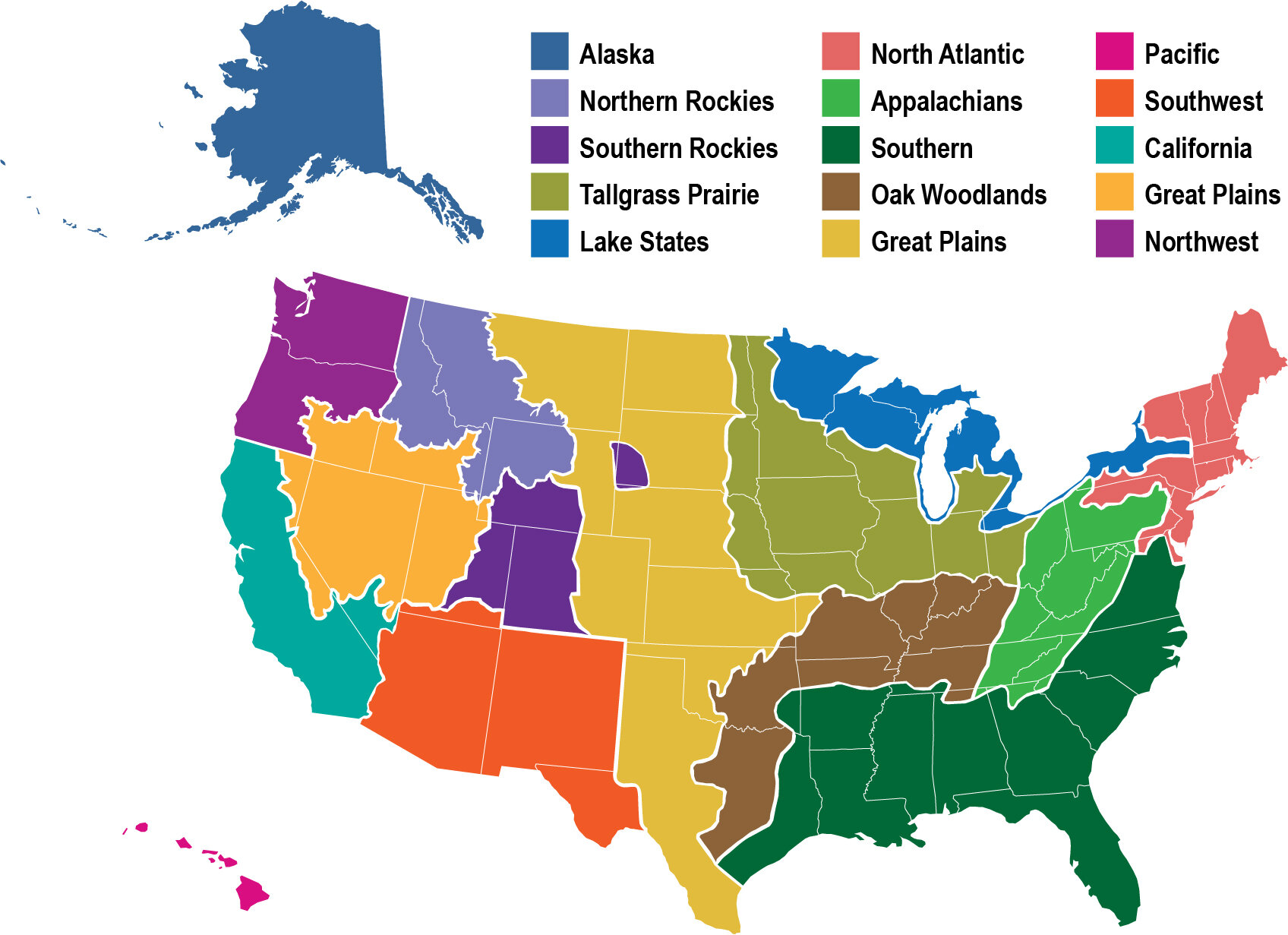High Elevation Extremes Limit Alien Plant Success: Research Brief
/Why aren’t globally successful, weedy plant species generally found at high altitudes? This study suggests that it’s due to extreme abiotic conditions in association with the alien species’ life history traits, not a lack of opportunity.
Read More


















